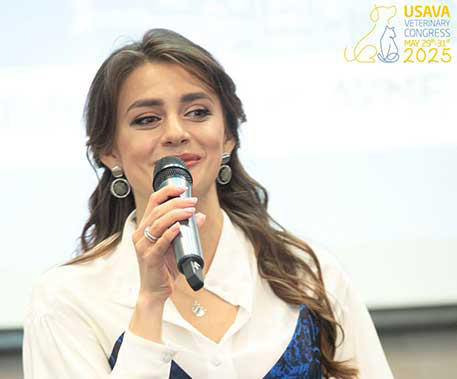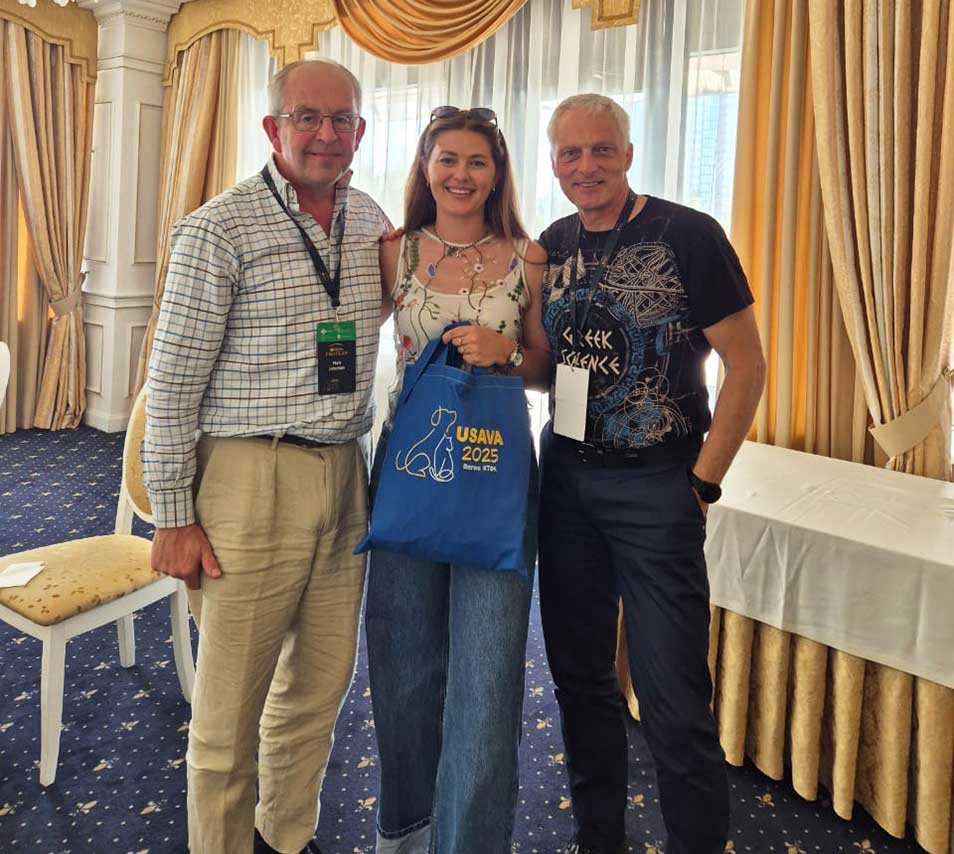2 Sept 2025
Wolfgang Dohne DrMedVet, MRCVS recalls the highlights and hospitality of this country and its people – despite the ongoing war with Russia.
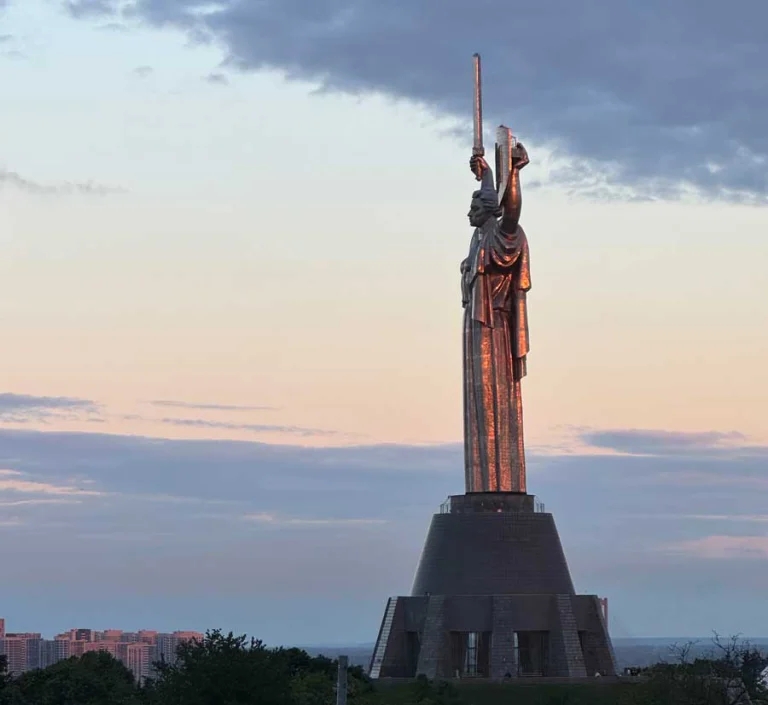
Admittedly, at the moment it is not that easy to attend a CPD event in Ukraine…
Despite the ongoing war with Russia, USAVA, the Ukrainian Small Animal Veterinary Association, was brave enough to hold its annual conference for the second time during the conflict at the end of May. Instead of scheduling the event again in Lviv, which is in the far west of the country, it was decided to move it this year to Kyiv, the capital in the heart of Ukraine.
USAVA president Vlad Ushakov had invited me to the congress for many years, well before the start of the conflict, but it had always interfered with some other commitments or events, so that I had to postpone a visit to the following year.
This year, finally I had run out of excuses and so I found myself aboard a beaten up overnight sleeper train, which was due to carry me over the following 17 hours from Warsaw to Kyiv.
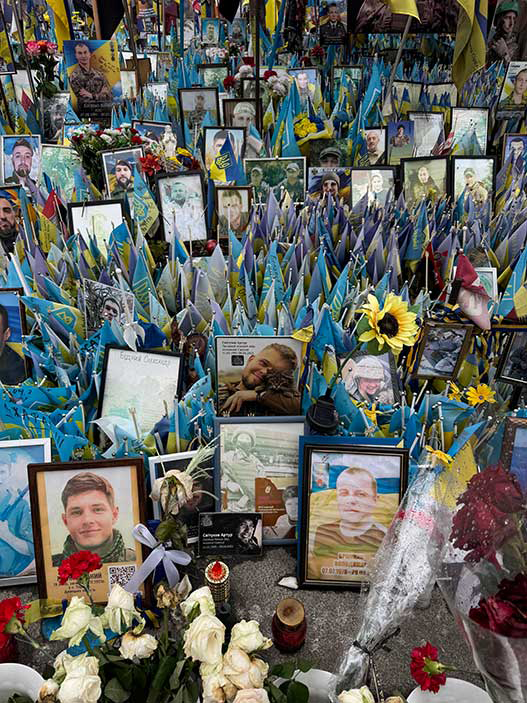
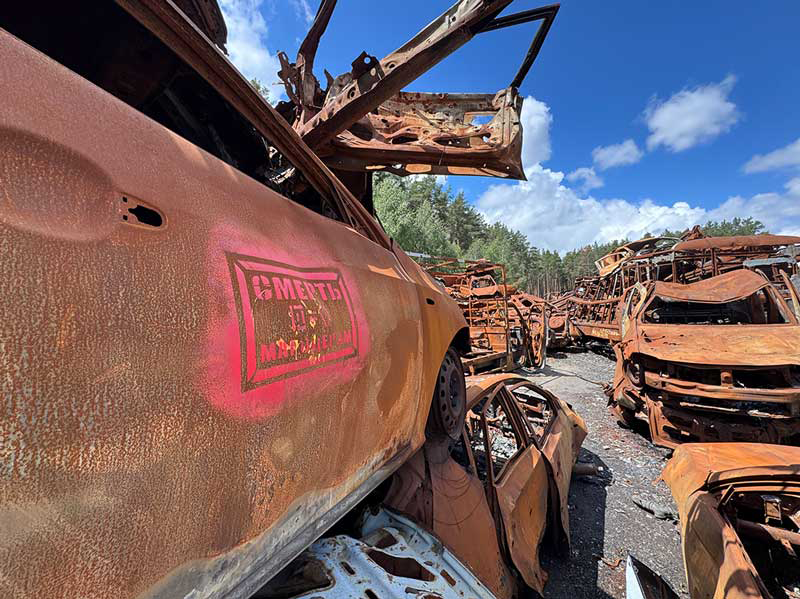
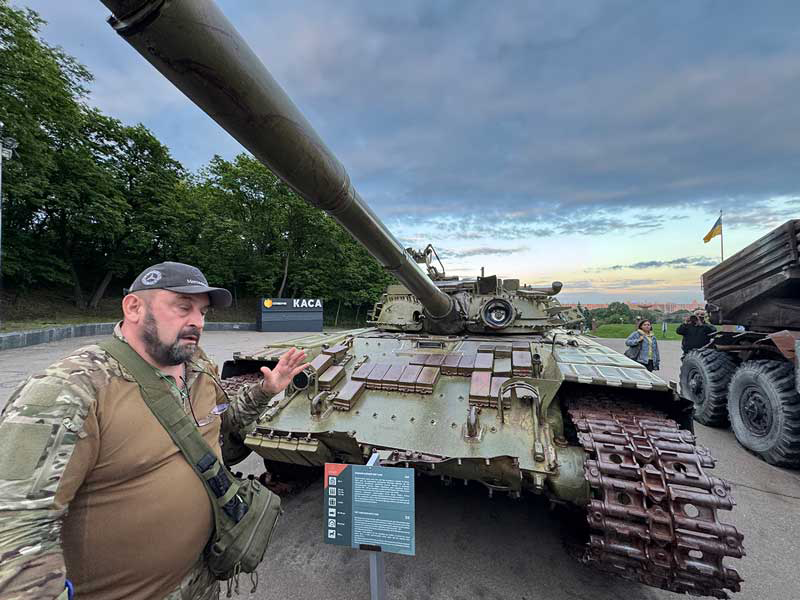
I shared my compartment with two fellow travellers and the mood was sombre, not least because of the increased number of Russian air raids that had targeted our destination over the previous few days. One of my companions was a young French diplomate, who clearly was not looking forward to being stationed at the embassy for the next three months and who was getting progressively more restless as we approached Kyiv. The other was a American-Ukrainian man who’s family had decided to stay in Ukraine and who had done this journey many times.
He didn’t speak much and he just asked, if I wasn’t afraid, before retreating to the top bunk, not to be seen again until shortly before our arrival.
When the train finally stopped at our destination, I had the nicest possible welcome by a young man with a huge sign bearing my name. From then on, Andrij, translator and general fixer for all visiting lecturers, rarely left my side and he and the USAVA team at the conference made sure that this turned out to be both a safe and very memorable event for everyone who had made the journey.
The congress went across three days, with three parallel scientific streams and a mixture of in-person and remote or recorded lectures. Some specialists had already in advance decided to support the event remotely, others had to cancel their personal appearance because of the deteriorating security situation.
However, all lectures were well attended with an overall number of somewhere between 200-300 delegates, very much helped by excellent simultaneous translations for all lectures.
A highlight of the event was a stream on the treatment of exotic patients by Jörg Mayer, who had crossed the Atlantic and who had travelled to Kyiv all the way from the University of Georgia, and by Claudia and Manfred Hochleithner, who joined the event remotely from Vienna. Great successes were also the orthopaedic lectures by Heidi Radke, professor at the University of Zurich, who had worked for many years at the University of Cambridge vet school and the ligature and castration dry lab by Janet Martin, also from Georgia.
UK lecturers included Mark Johnston, CEO of Vetstream, who since the beginning of the conflict is providing free access to its knowledge platform to all Ukrainian colleagues. Mark arrived in Kyiv with a single shirt and a huge suitcase filled with disposable and non-disposable surgical equipment, which he donated to local colleagues.
For London-based Scott Miller and his cameraman, Harry, this was already their third trip to Ukraine and the footage of their visit will form part of his very popular “Rescue Vet” YouTube format in due course.
On the first day of the conference, the organisers had arranged a set of “briefings” – moderated discussion groups – with visiting and local colleagues, some of whom were now serving Ukrainian soldiers, who shared, at times, harrowing accounts of human and animal suffering.
Of considerable concern during these talks were also the comments about a worrying increase of both animal and human cases of rabies near the war zones and the fact that most veterinary staff in these areas were not vaccinated against this terrible disease. This clearly is a “one health” issue, where a targeted international effort from all medical professional organisations is urgently needed.
The conference featured a small, but well-organised, trade exhibition, with the major pet food manufacturers and some national pharmaceutical and equipment companies as the main exhibitors.
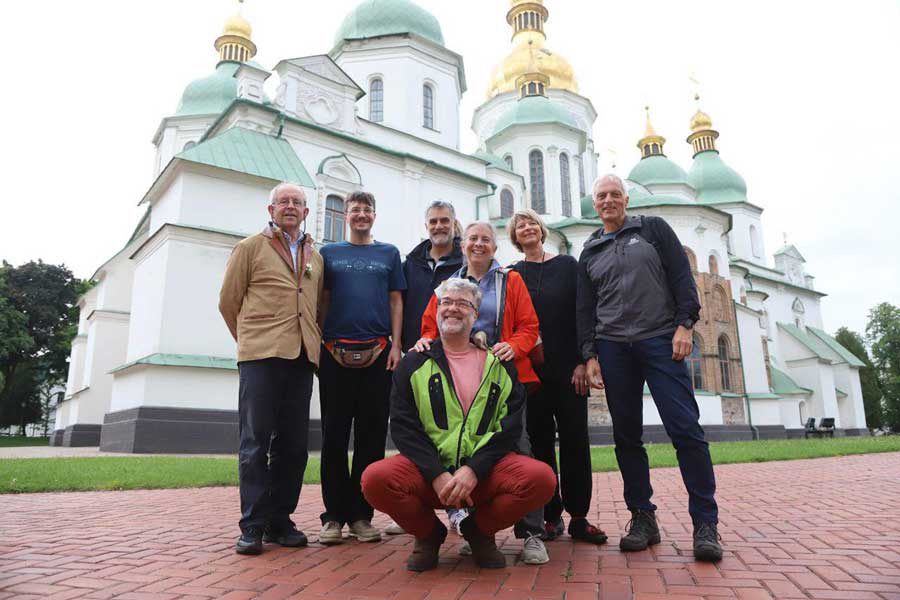
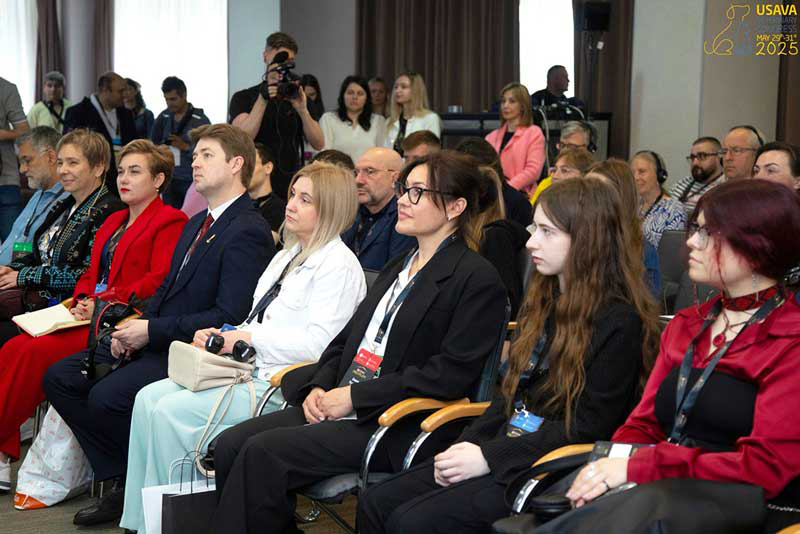
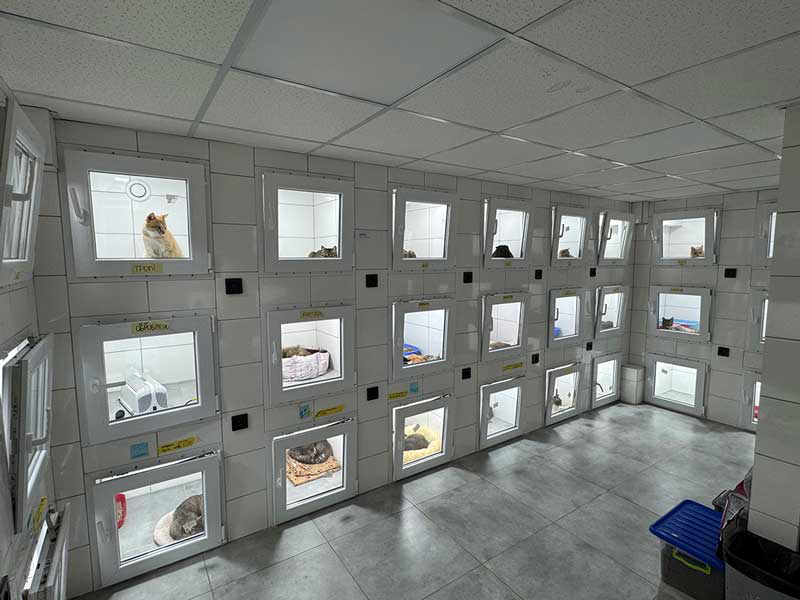
Due to the uncertain security situation and the nocturnal curfew, there was no social programme at this event, but every evening the visitors enjoyed Ukrainian hospitality at the best sites Kyiv had to offer.
While the scientific programme over the whole three days went without any war-related interruption, frequent air raid alarms during the first two nights required retreating to the shelter, which was conveniently located deep in the basement of our hotel. A somewhat unusual location to make for the first time the acquaintance of some of my fellow lecturers I thought.
Another highlight of this visit to Kyiv were the excursions organised by our hosts. There was the opportunity to visit the Patron Pet Centre located within the Expocenter of Ukraine, where senior vet Iryna Podvoiska and her team were caring for not less than 200 dogs and 120 cats, which had mostly been rescued from the Kharkiv area. Iryna is a real multi-talent, who has been planning and organising the whole centre – including the numerous staff and volunteers, designing the interior and exterior of the building, taking care of the medical needs of all the animals, constantly involved in the important raising of funds and if not busy at the centre, she is probably on another trip to the frontline to rescue more pets. A truly remarkable place and person, who is being supported not only by a lot of Ukrainian artists and celebrities, but also by large international organisations like Veterinarians Without Borders.
Another excursion went to the town of Irpin, which was severely damaged through fighting and which was occupied by Russian forces at the beginning of the war.
Reclaimed by Ukraine, large parts of the town have been rebuilt to a remarkably high standard with the help of international funds and where many internally displaced families have found a new home. USAVA, with the help of the FOR PAWS charity, has set up a small clinic in one of these buildings, where pets benefit from free treatment including neutering, vaccinations, anti-parasitic treatment and other first opinion procedures. This busy centre and its hard working staff is completely funded by international donations.
Kyiv is a large city and probably one of the best protected places in Ukraine at the moment. With the exception of the air raid alarms, it was hard to see that we were in a country at war.
Social life in the city was carrying on and the general impression was not different from that in many other cities in central Europe, despite the constant threat. The resilience of local colleagues and of the population in general was just remarkable.
While each of the international visitors had travelled here with some trepidation and with a fair amount of criticism from their friends and families, all agreed that it was worth the risk for both the visitors and for our hosts and that we would have regretted it if we had stayed at home.
More information on the Patron Pet Centre is available at https://patron.center/eng/home and on USAVA and the charity clinic in Irpin at https://usava.org.ua/en/ and www.four-paws.org
